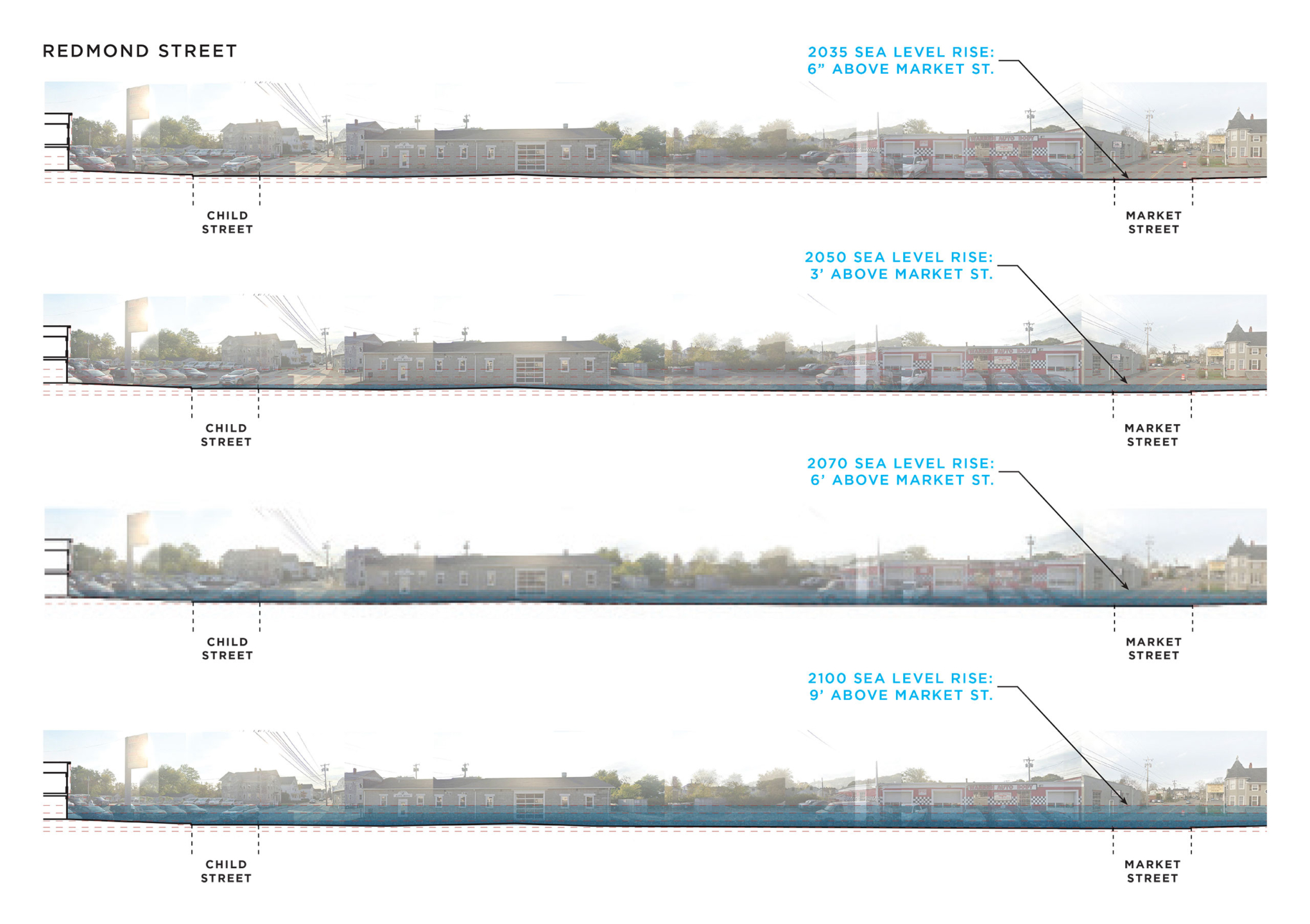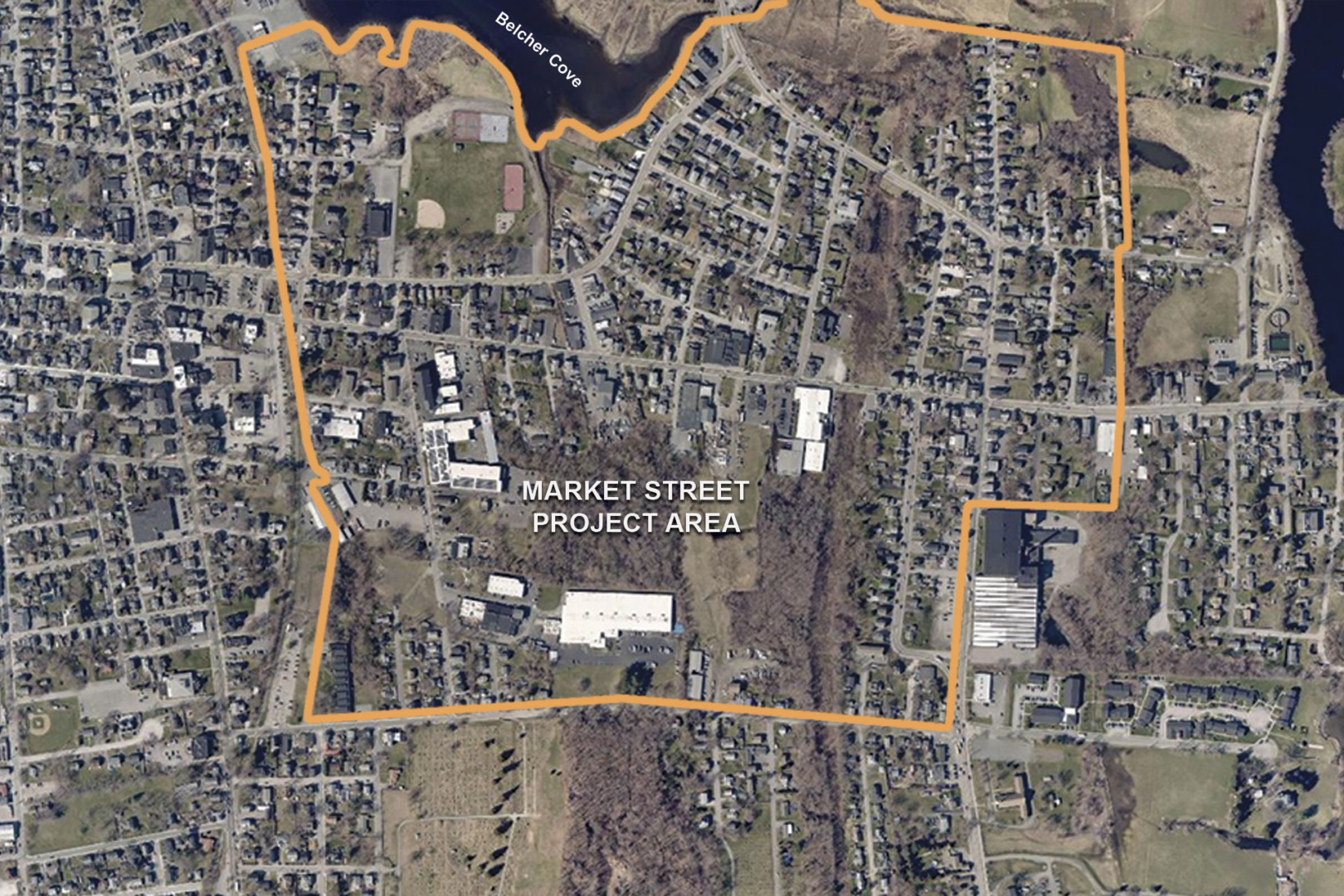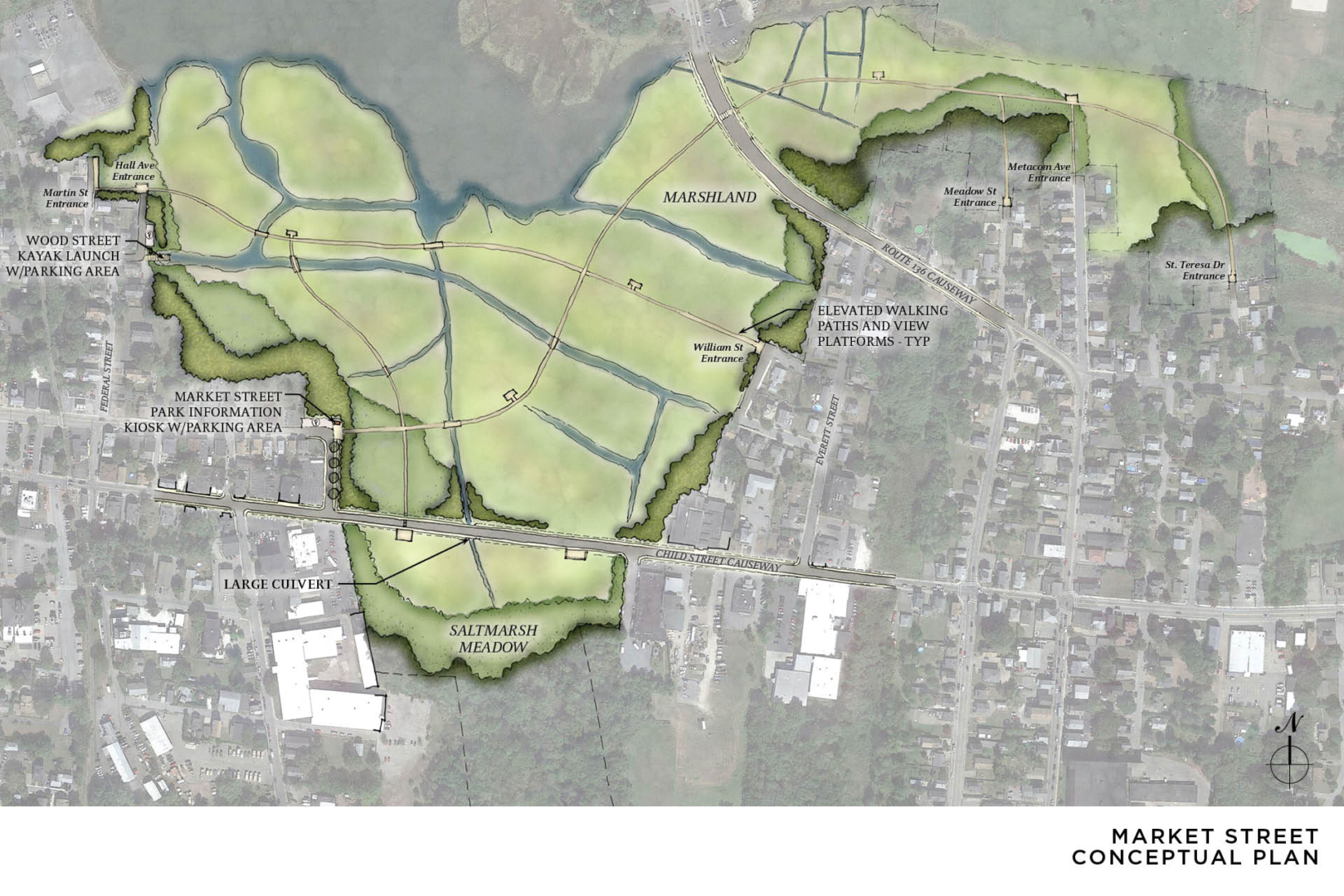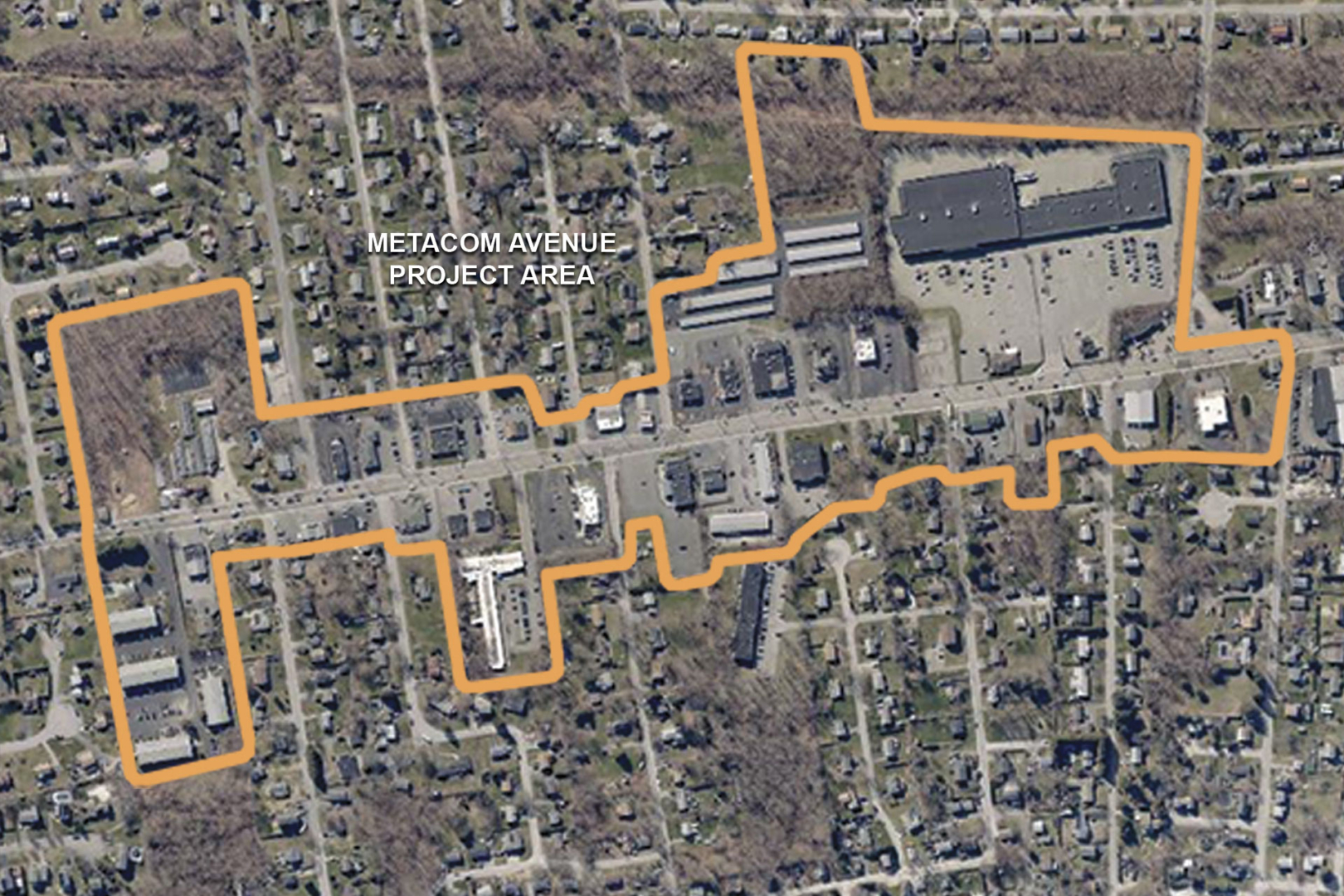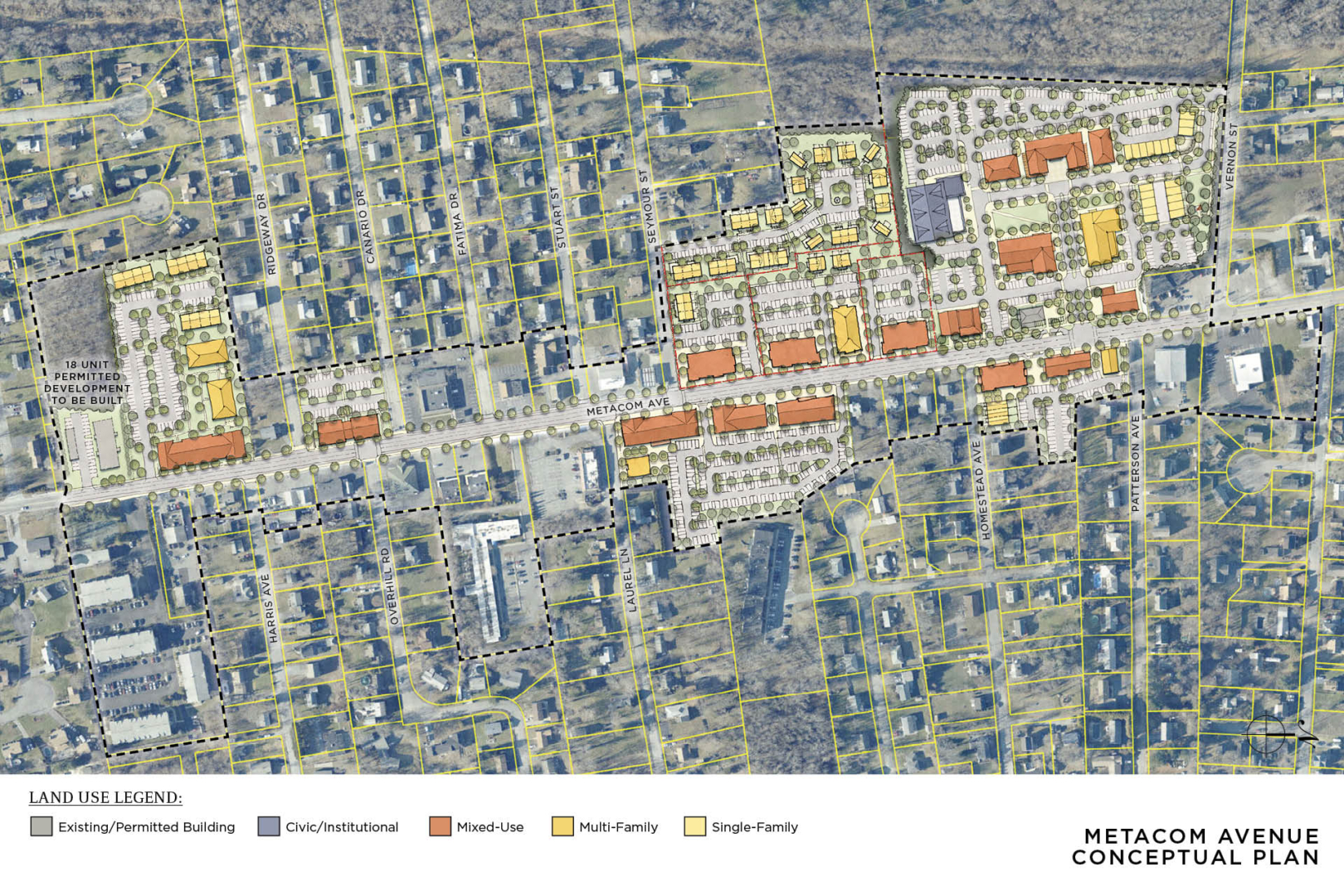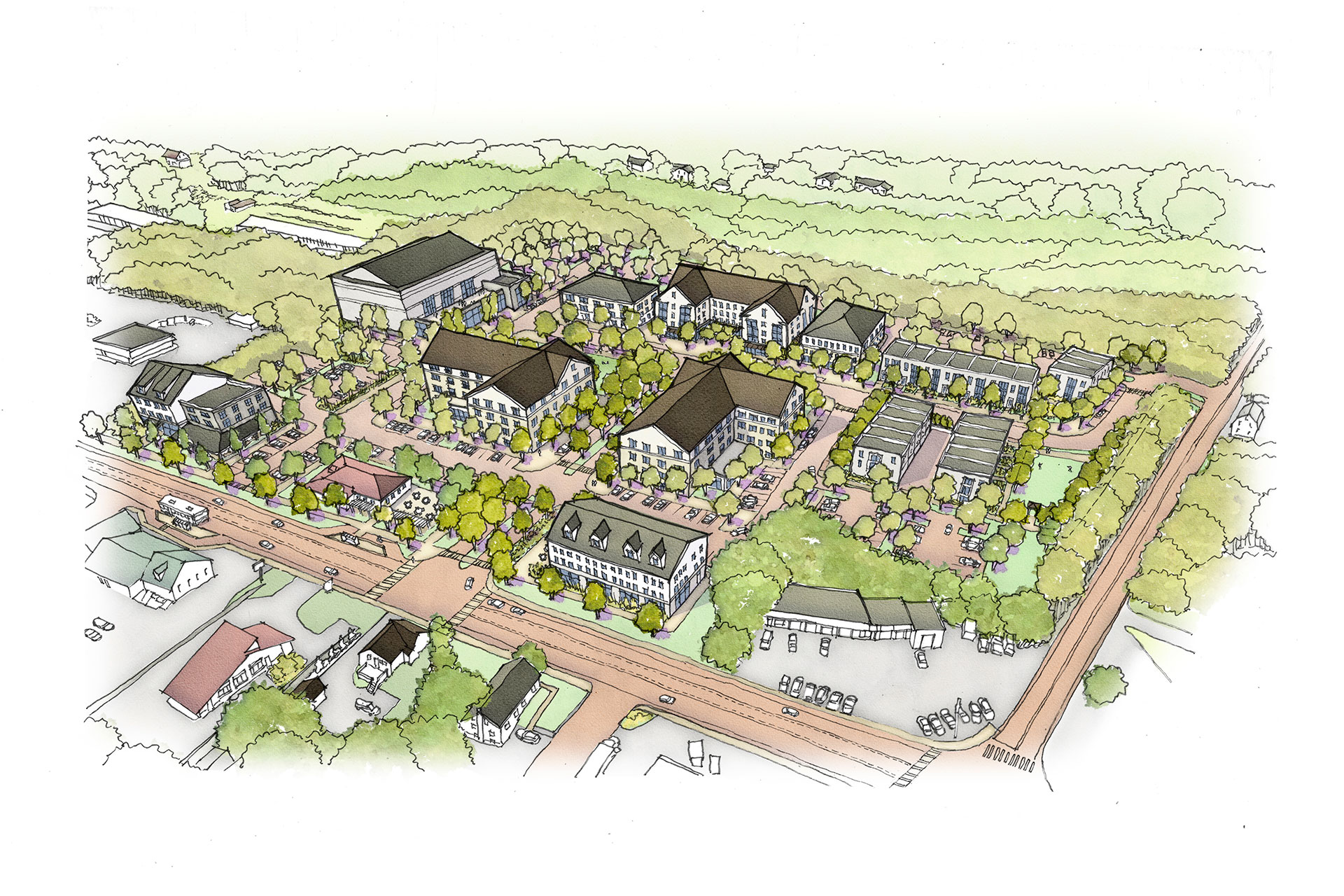As discussed in a previous post – Designing for Resiliency: Newport – Rhode Island’s Narragansett Bay coastline is home to most of the residents of the Ocean State. It is facing widespread coastal climate change, including rising sea levels, and flooding. Union has been working through locally tailored strategies to best address these threats.
In 2021, Union was a partner consultant with Fuss & O’Neill working with leaders from the Town of Warren to create a community plan that addressed climate change challenges while promoting economic redevelopment. This was a logical next step to the 2019 forecasting and planning for municipal impacts due to climate change the town had completed on its own. The community plan focused on the Market Street neighborhood, which is projected to be underwater permanently.
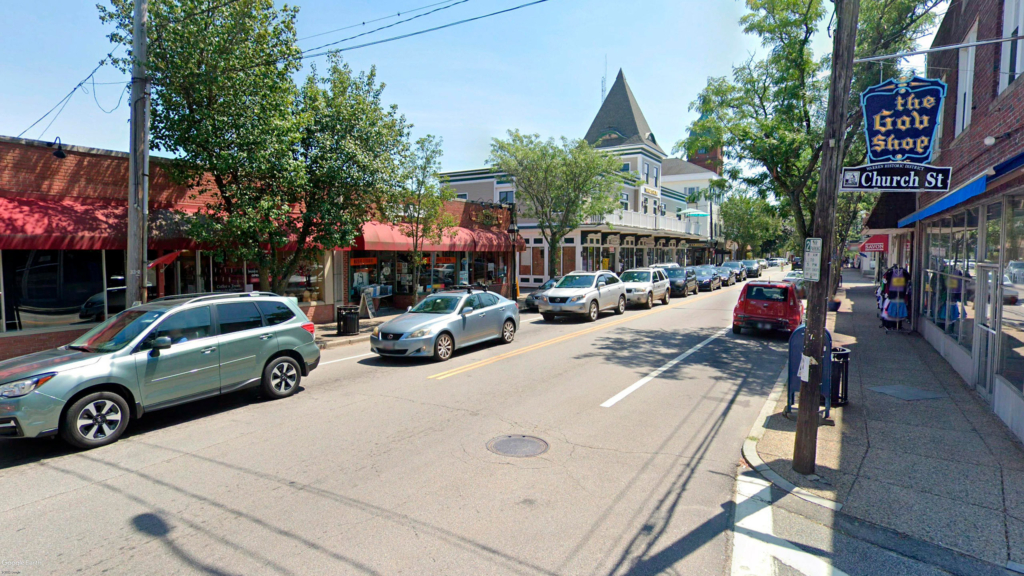
Warren, Rhode Island is situated between three significant waterways: the Palmer River, Belcher Cove, and Mt. Hope Bay. The Town of Warren, one of the few remaining working waterfronts in Rhode Island, is the smallest town in the smallest county in the smallest state in the nation. Its downtown has recently undergone a renaissance of sorts, attracting visitors and new families; however, the Market Street neighborhood is facing severe impacts from climate change with repeated inundation. These impacts will severely damage and destroy homes and businesses, state and town facilities, transportation routes, and environmentally sensitive sites. Nearly a tenth of the town’s 10,000-strong population lives in the Market Street area. Warren can’t afford to lose this valuable population. With fewer homes and businesses, the town would lose vital tax revenue – the lifeblood of any community.
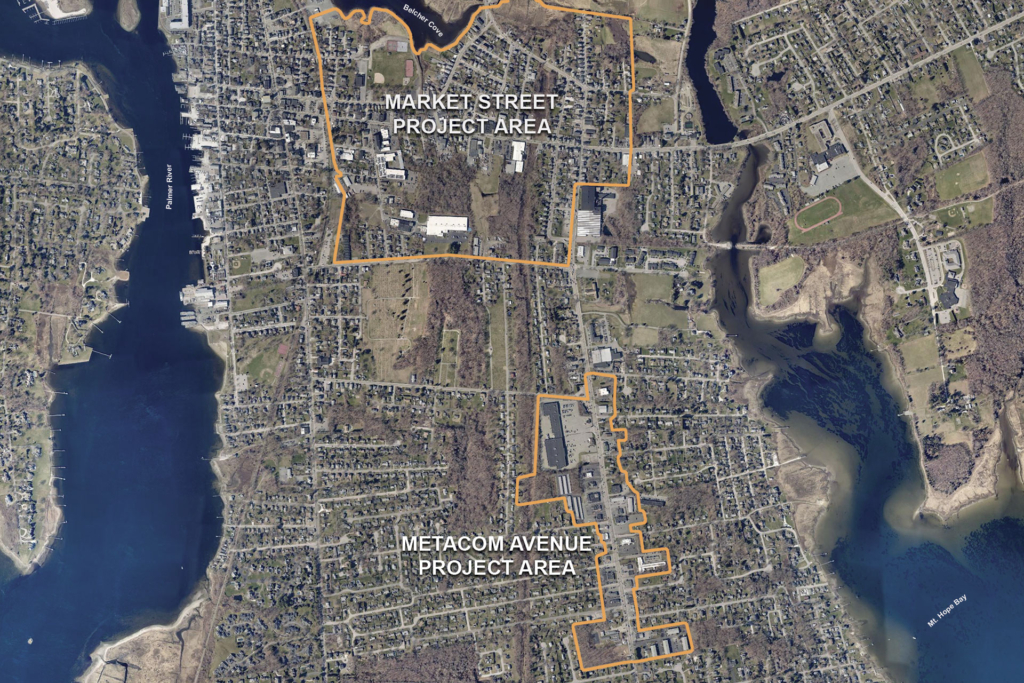
Warren’s Director of Planning and Community Development, Bob Rulli, with the project team, proposed giving up on nearly all the 184 acres around Belcher Cove – tearing the buildings down to the ground to revert to natural wetlands. This retreat would include offering buyouts to most of the area’s 400 residences and businesses over the next few decades.

